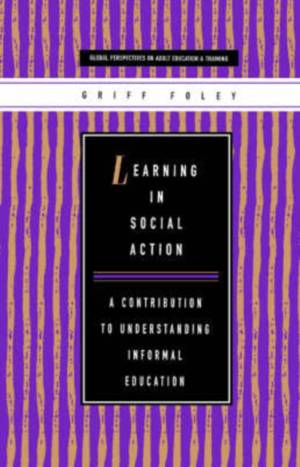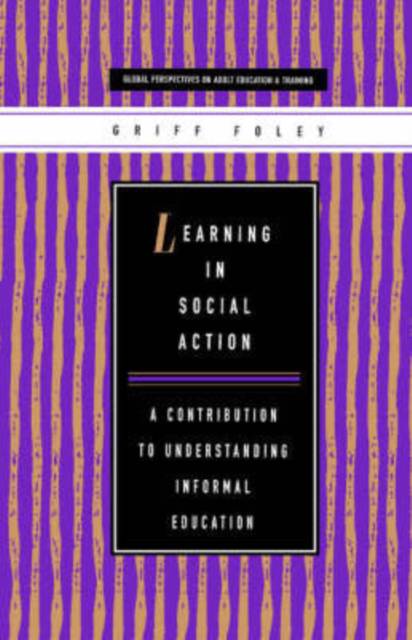
- Retrait gratuit dans votre magasin Club
- 7.000.000 titres dans notre catalogue
- Payer en toute sécurité
- Toujours un magasin près de chez vous
- Retrait gratuit dans votre magasin Club
- 7.000.0000 titres dans notre catalogue
- Payer en toute sécurité
- Toujours un magasin près de chez vous
195,45 €
+ 390 points
Description
This book seeks to increase our understanding of those non-educational contexts and informal circumstances in which people learn. Adult educators, Professor Foley argues, ought not to neglect the importance of the incidental learning which can take place, in particular, when people become involved in voluntary organisations, social struggles, and political activity of every kind.
In developing the argument that such involvement can provide extraordinarily powerful learning opportunities, he uses case studies from the United States of America, Australia as well as Third World countries - Brazil and Zimbabwe - and embracing very diverse environmental, women's, worker and political struggles. He is particularly interested in how involvement in social action can help people to unlearn dominant, oppressive ideologies and discourses and learn instead oppositional, liberatory ones, even if such processes of emancipatory learning are inevitably complex and contradictory. He relates these processes of informal learning in contested contexts to current thinking in adult education and points the way to a somewhat different, and more radical, agenda in adult education theory and practice. For adult educators, community workers and others working with socially engaged citizens, the insights and lessons of this book ought to be especially useful as they try to develop their own practice in such contexts.Spécifications
Parties prenantes
- Auteur(s) :
- Editeur:
Contenu
- Nombre de pages :
- 176
- Langue:
- Anglais
- Collection :
Caractéristiques
- EAN:
- 9781856496834
- Date de parution :
- 01-05-99
- Format:
- Livre relié
- Format numérique:
- Genaaid
- Dimensions :
- 143 mm x 224 mm
- Poids :
- 290 g

Les avis
Nous publions uniquement les avis qui respectent les conditions requises. Consultez nos conditions pour les avis.






